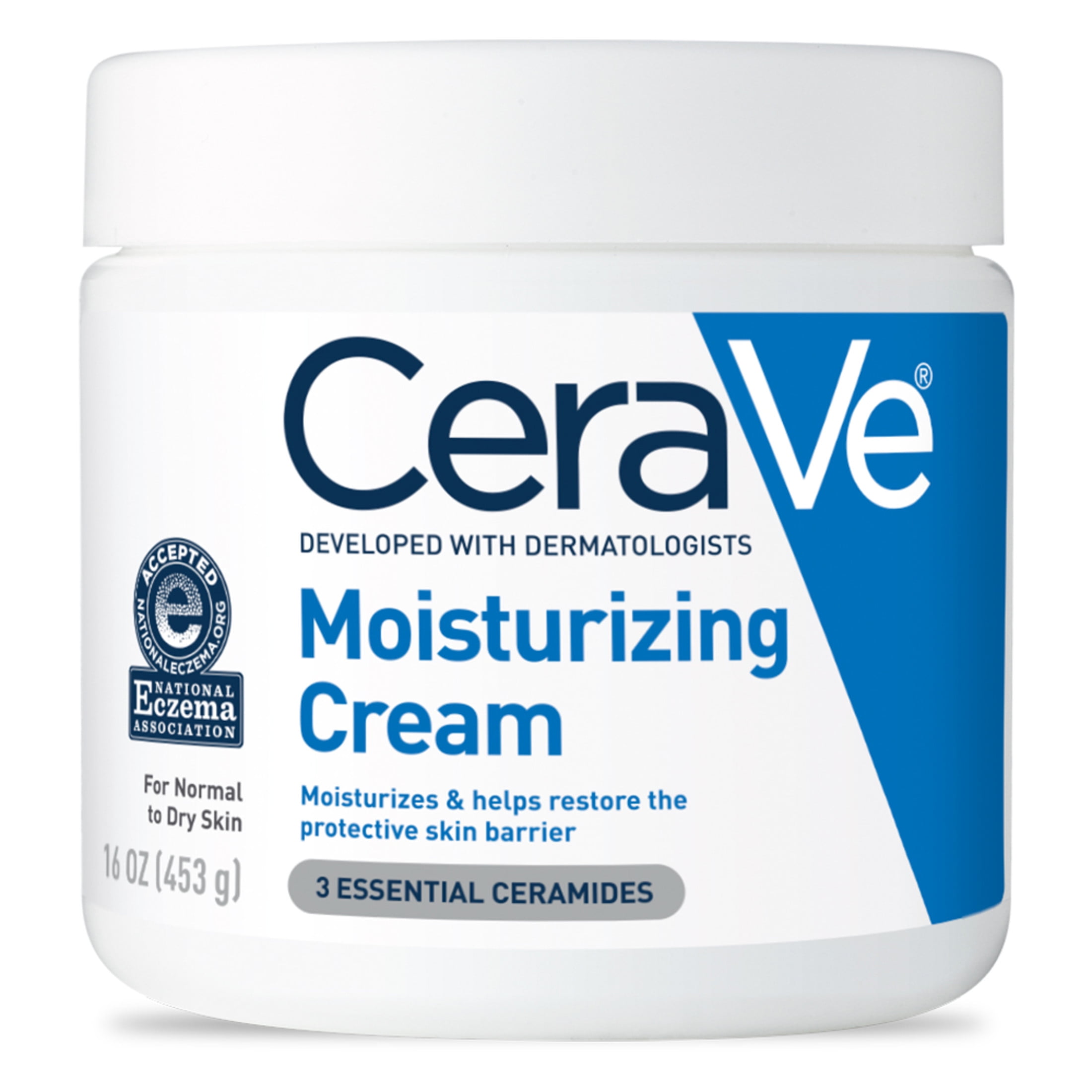The ZMDK Chronicles
Dive into a realm of news and insights with 0396zmdfk.
Moisturizer Mysteries Revealed
Unlock the secrets of moisturizers! Discover the truth behind the products that promise to hydrate your skin like never before.
The Science Behind Moisturizers: How They Work Wonders for Your Skin
The science behind moisturizers reveals a delicate balance of ingredients designed to hydrate, protect, and rejuvenate the skin. At their core, moisturizers work by creating a barrier that locks in moisture and prevents transepidermal water loss. The primary components include occlusives, emollients, and humectants. Occlusives, such as petrolatum and lanolin, form a protective layer over the skin, while emollients, like shea butter and oils, smooth the skin's surface. Humectants, including glycerin and hyaluronic acid, attract water molecules from the environment and deeper layers of the skin, ensuring that your skin remains hydrated throughout the day.
Consistent use of moisturizers can lead to significant improvements in skin texture and elasticity. Scientific studies indicate that well-hydrated skin can appear plumper and more youthful. Moreover, moisturizers can aid in the repair of the skin barrier, which is essential for defending against environmental toxins and irritants. By incorporating a moisturizer suitable for your skin type into your daily skincare routine, you help maintain optimal hydration levels and support overall skin health. For more insights, you can explore the benefits of moisturization in detail through resources like Healthline.

Decoding Ingredients: What to Look for in a Moisturizer
When it comes to choosing a moisturizer, understanding ingredients is crucial for achieving optimal skin health. Look for key components like hyaluronic acid, which is renowned for its ability to retain moisture and plump the skin. Additionally, glycerin acts as an excellent humectant, drawing water into the skin to keep it hydrated. Other beneficial ingredients include ceramides, which help to restore the skin's natural barrier, and vitamin E, known for its antioxidant properties that protect the skin from environmental stressors.
It's also essential to avoid certain ingredients that can do more harm than good. Stay away from products containing alcohol and synthetic fragrances, as these can lead to irritation and dryness. Instead, opt for moisturizers labeled as hypoallergenic or non-comedogenic if you have sensitive or acne-prone skin. Always check product labels to ensure they align with your skin type and concerns, making informed choices that best support your skincare goals.
Moisturizer Myths Busted: Separating Fact from Fiction
When it comes to skincare, there are numerous moisturizer myths that circulate, leading to confusion and misinformation. One common misconception is that oily skin does not require moisture. In reality, hydration is essential for all skin types, including oily skin. Properly hydrating the skin can help regulate oil production, ultimately leading to a balanced complexion. Another myth is that you should only moisturize in the winter months. In truth, skin can lose moisture year-round, making daily moisturization critical for maintaining skin health.
Another prevailing myth is that expensive moisturizers are always more effective than their budget-friendly counterparts. The truth is, many affordable options contain effective ingredients that can nourish the skin just as well as high-end products. It's important to read the ingredient list rather than focus solely on the brand name or price. Lastly, some believe that you need to apply moisturizer immediately after showering for it to be effective. While applying moisturizer on damp skin can enhance absorption, the critical factor is to make it a consistent part of your routine to keep your skin healthy and hydrated.